Incremental Forming
Incremental forming of PVC
Overview
This was a 3-month Master’s project at TU Dortmund (Manufacturing Technology) investigating the formability of PVC sheets using Single Point Incremental Forming (SPIF). SPIF is a dieless forming process where a smooth, rounded tool incrementally forms a sheet along a CNC toolpath, shaping the part layer-by-layer.
The project combined experiments, optical metrology, and finite element simulation to understand why PVC fails at steep wall angles and how toolpath strategy can improve thickness distribution.
Problem & Motivation
In SPIF, polymer sheets tend to experience severe thinning in the wall region. For PVC, this thinning leads to tearing before steep walls can be achieved.
The central question was:
How can toolpath strategy be improved to reduce thinning and push the forming limit beyond the conventional wall-angle ceiling?
Experimental Setup
The forming trials were carried out on a 3-axis CNC milling machine equipped with a custom clamping fixture and a rounded forming tool.
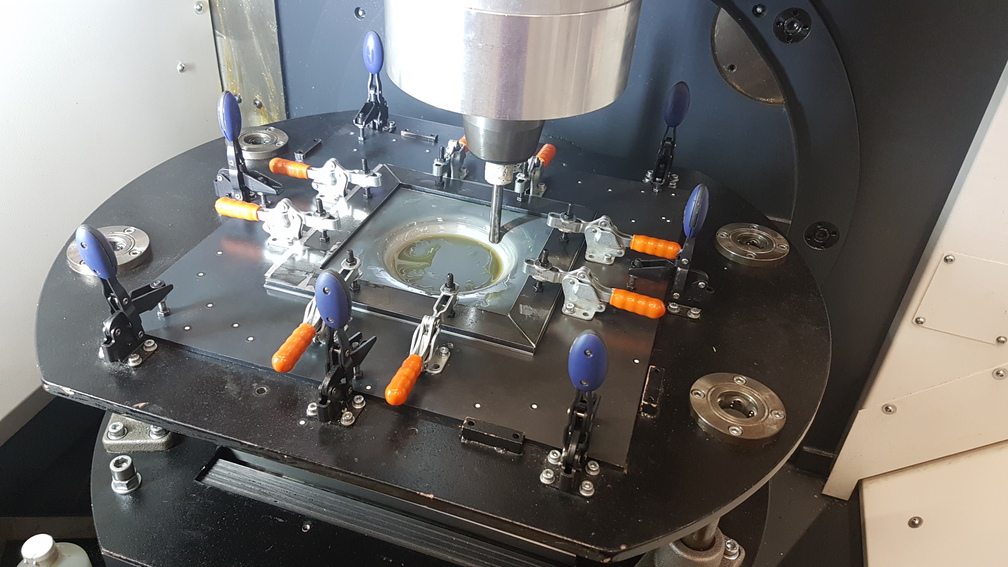
Toolpaths for conical test geometries were generated programmatically (Excel-based NC generation), enabling controlled variation of key parameters such as wall angle, depth, and vertical step-down. A structured Design of Experiments (DoE) approach was used to explore parameter effects on failure and thickness evolution.
Failure Mode: Thinning and Tearing
At higher wall angles, the sheet exhibited localized thinning followed by tearing—defining the practical forming limit.
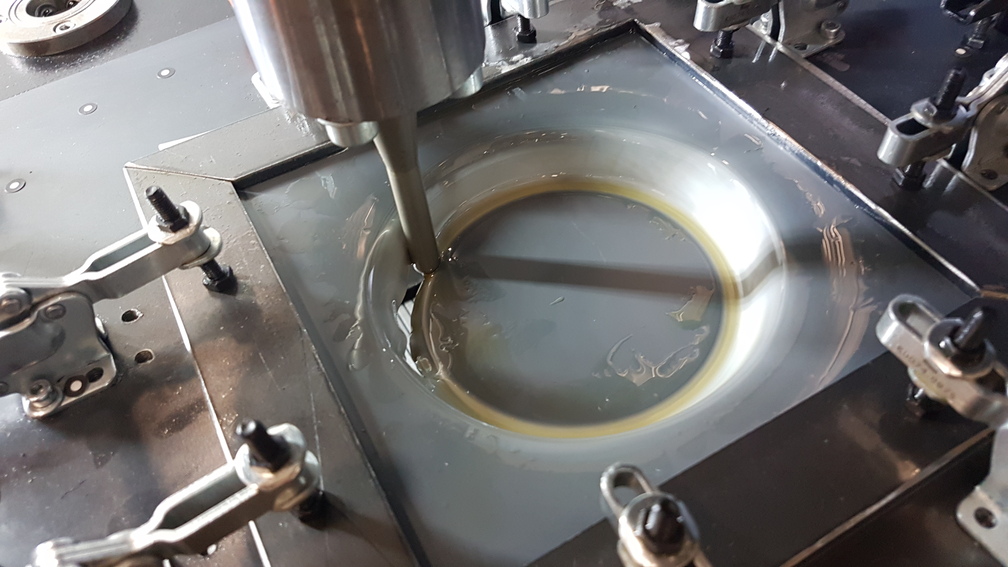
Measurement & Validation with Optical Scanning
When a test completed without fracture, the formed geometry was digitized using an optical 3D scanning system. The scan data enabled:
- reconstruction of the formed geometry
- extraction of section cuts through the part
- thickness evaluation along the wall to locate critical thinning zones
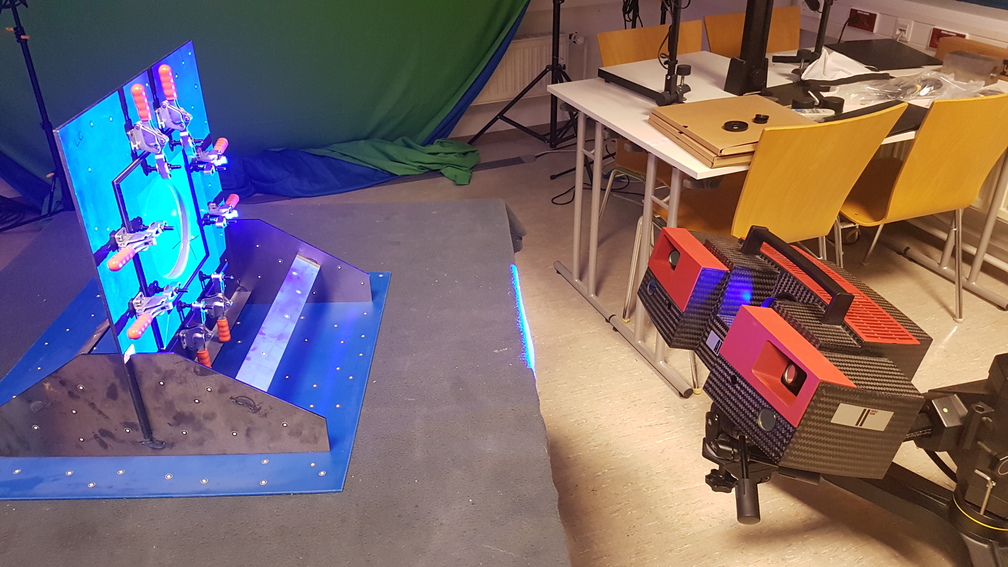
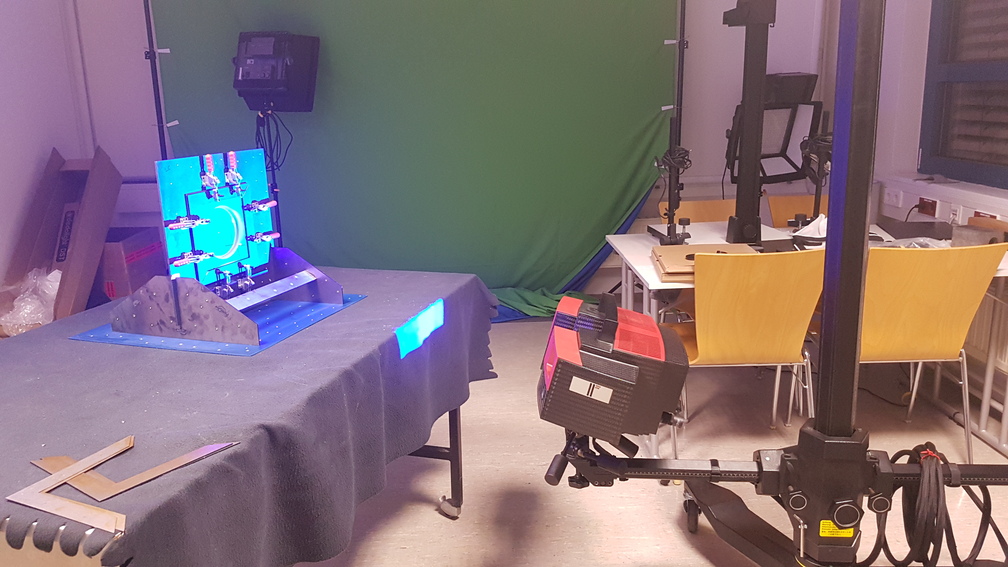
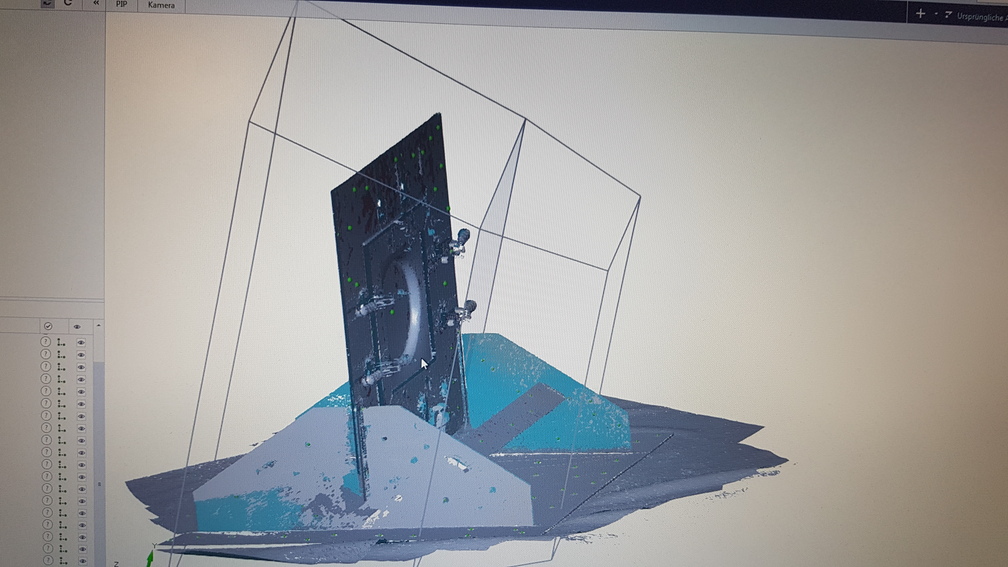
Numerical Simulation (Abaqus Explicit)
To analyze thickness evolution and deformation patterns, SPIF was modeled using Abaqus Explicit. The simulation helped identify:
- where thinning accumulates along the wall
- how toolpath strategy influences material flow
- qualitative agreement with experimentally observed thinning zones

Toolpath Strategy Development (MATLAB)
Conventional multi-pass strategies can unintentionally re-stretch the same material, increasing thinning. To counter this, a modified multi-stage concept was developed and visualized in MATLAB, aiming to pull additional material from the flange region to improve thickness distribution.
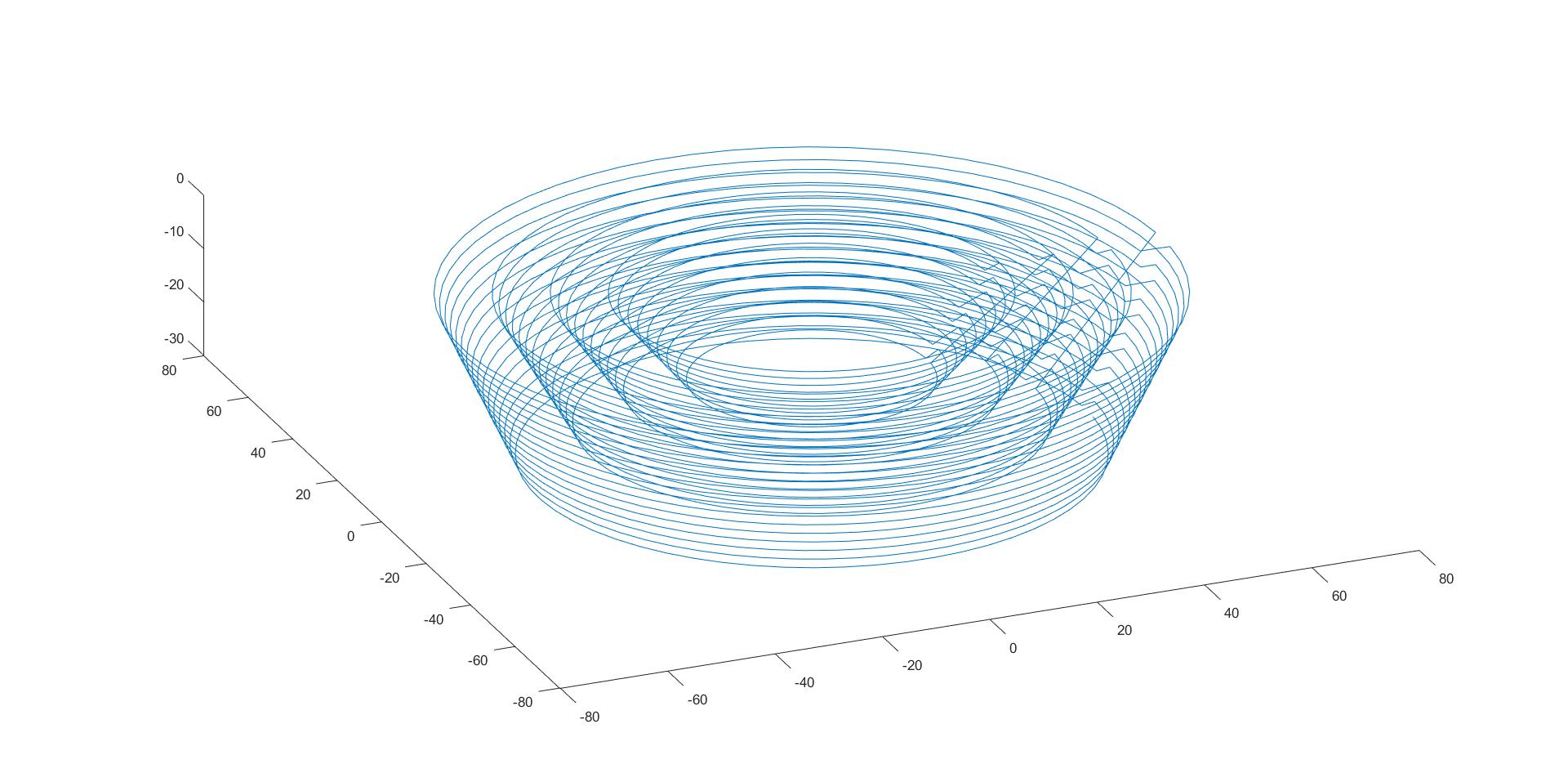
Key Outcomes
- Established an experimental baseline for PVC SPIF forming limits under the tested conditions
- Identified thinning-driven tearing as the dominant failure mode
- Implemented a repeatable workflow combining:
- CNC-based experiments
- optical scanning for geometry/thickness evaluation
- Abaqus Explicit simulation for thickness evolution
- MATLAB toolpath visualization to reason about strategy effects
This project strengthened my interest in process-aware manufacturing, where toolpath design, measurement, and simulation are used together to improve real production outcomes.
Gallery
(Additional part photos and plots can be added here as the project archive grows.)